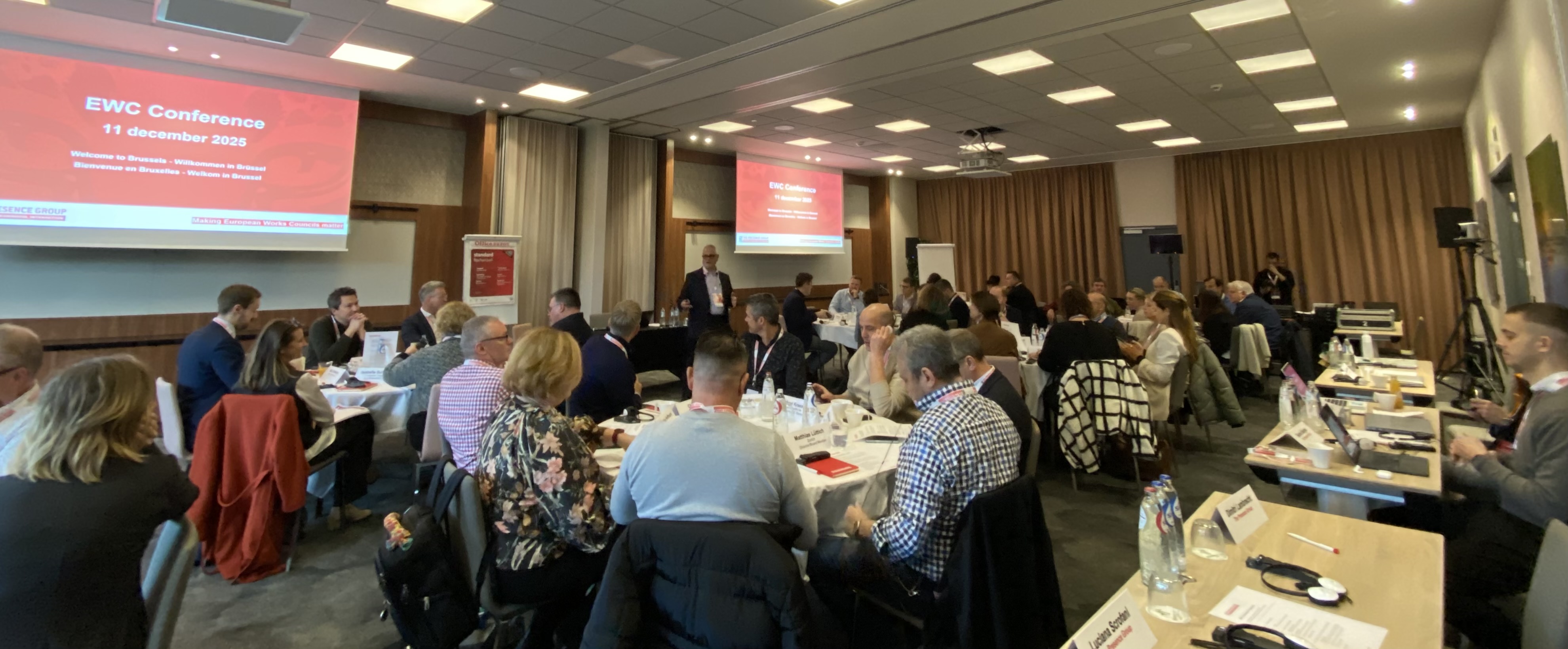We think in words, communicate with words, judge with words, praise with words…
Words are fundamental for the way we make sense of the world around us and the feelings within us. In that, words and languages are powerful tools to help us navigate in and understand our reality as well as co-creating it with our fellow humans. Let’s have a closer look at what that means:
If we take, for example, the word leader, there immediately is a certain concept that pops up in your mind. I bet it’s either a man or a woman, probably in a suit or costume, who does important things, isn’t it?
We usually assume that we all share the same mental image when we use a certain word. And we often forget that the concepts that we connect with the words we use come along with a story: our own history of experiences with that word and the history of the culture we grew up in. To make it more concrete: my image of a leader might be (without me being fully aware of it or knowing the reason why it looks that way) male, with already a few grey hairs on his head, severe and important looking. Your image of a leader might be one of a person, laughing or raging, who guides a social justice movement. We both might be “right”, because both our concepts are formed by the images of leaders that surrounded and impressed us.
So far, so good. You might shrug your shoulders, thinking “so what?”.
Well, my friend, bear with me: we are discovering some of the basics of social constructionism together. In a few lines you might see the world with different eyes.
Okay, so what is social constructionism?
It’s the idea that you and I create reality socially through language and conversation. It’s the idea that our own reality is subjective and not objective. In other words, you might live in a very different reality than I do, even though we share the same lifetime on the same planet. This is one of the fundamental principles of Appreciative Inquiry, an approach that you’ll learn more about in a second. But first, let’s take the idea of social constructionism step by step.
If we think about the earlier example of the word leader and our different mental images more thoroughly, we realize that both your and my mental image are a product of our experiences. The experiences that not only we have had with people who were called “leaders”, but actually also by the generations before us and their idea of what a leader is. If our parents and grandparents have called men more often leaders than women, if the media presented white people more often as leaders than black people, the chance that I recognize a white man more quickly as a leader than a black person is quite high. Our mind makes the shortcut from patterns that have worked well in the past and wants to do us a favor in saving energy by connecting a certain combination of features with the concept of a “leader”. The logic of our mental auto-pilot is thereby: the less we have to think about certain words, the more time and energy we can allocate on the important things. Only that we might run in circles or spend our time on things that don't fit the phenomena and necessities of our time anymore. Because the world is changing rapidly. And with it, the paradigms we live in.
In his book from 1962 "The Structure of Scientific Revolutions" (pp. 54.) Thomas Kuhn writes: “Paradigm shifts arise when the dominant paradigm under which normal science operates is rendered incompatible with new phenomena, facilitating the adoption of a new theory or paradigm”. And even though he explicitly puts this definition in the context of science, I think you can see, just like me, the parallels to what we see happening around us in different spheres today. Just to name one: let’s look at the dissolution of traditional hierarchies and the connected challenges around how we live and work together (just dropping the keywords of diversity, equity and inclusion), both in organizations and the larger societies.
What does that have to do with words and language?
Let’s look back at a crucial part of the definition of social constructionism through the lens of Appreciative Inquiry. It says: we create reality socially through language and conversation. Thus, we are not doomed to run around with concepts that don’t fit our time anymore. Once we become aware of our concepts, the mental images that we connect with certain words or word combinations, we can also change them. We have the power to create our subjective reality - through the language we use and in the conversations we have.
Take a minute to watch the language you use and whether it fits the world you want to live in. Does your personal or the corporate language that you and your colleagues use serve the goals you want to reach? Do they support the (corporate) identity you want to have? Or do you notice a discomfort around certain words and the mental images you connect with them? I invite you to do research on where your concepts come from and to feel free to give them a tweak so they support the paradigm shift you want to co-create. That might be the best time investment you’ve made in a while.
Before we close…
… let me introduce Appreciative Inquiry, the approach I mentioned earlier. In very short Appreciative Inquiry helps you, your organization, and your clients to create the awareness and make the change happen that you want to see. It therefore focuses on two things:
- the strength, success stories and potential that is already inherent in your system today;
- and the power of your imagination that helps you (co-)create a future worth living in.
It helps you summon all the positive energy, trust and connections you need in order to move through the sometimes rough change process and reach a positive, appealing future. (For example, a future in your organization in which leaders help us shift the paradigm, no matter their skin color or sexual orientation).


.png)
.svg)
.png)
.svg)


%20(2).jpg)
.jpg)










.png)


.png)
